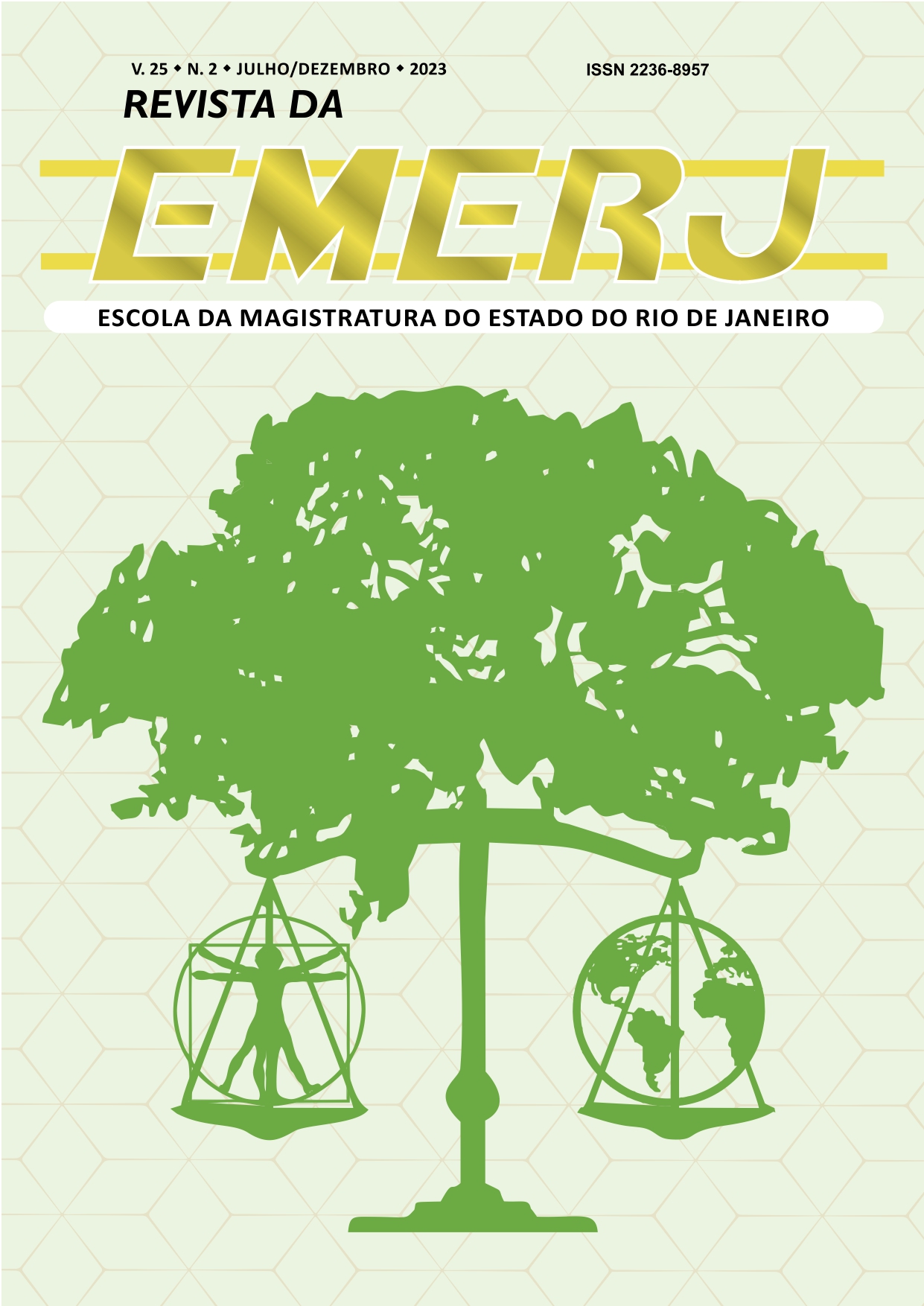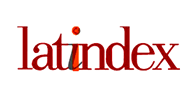Economic regulatory law
What is our starting point?
Keywords:
economic regulatory law, law and economics, new institutional economics, law and developmentAbstract
This article rescues some of the most relevant theoretical frameworks for the development of economic regulatory law, briefly explaining its main analytical ambitions and its fields of application. Afterwards, we seek to identify, from the starting point of each of these theoretical frameworks, the possible contributions of each of them to a more adequate state intervention in the economic sphere, given the model of the Brazilian regulatory State.
References
ARAGÃO, Alexandre Santos de. Curso de Direito Administrativo. Rio de Janeiro: Gen/Forense, 2012.
CRUZ, Verônica. Estado e regulação: fundamentos teóricos. In: RAMALHO, Pedro Ivo (org.). Regulação e agências reguladoras: governança e análise de impacto regulatório. Brasília: Anvisa, 2009. pp. 53 a 86.
DI PIETRO, Maria Sylvia Zanella. Limites da função reguladora das agências diante do princípio da legalidade. In: DI PIETRO, Maria Sylvia Zanella (Org.). Direito Regulatório: temas polêmicos. Belo Horizonte: Fórum, 2009.
FAGUNDES, Jorge. Assimetria de informação, risco moral e reputação: o caso Copesul. In: MATTOS, César (org.). A Revolução do Antitruste no Brasil. São Paulo: Singular, 2003, p. 223-240.
FAGUNDES, Márcia Margarete. Teoria da captura do regulador de serviços públicos. In: SOUTO, Marcos Juruena Villela; MARSHALL, Carla C. (coord.). Direito Empresarial Público. Rio de Janeiro: Lumen Juris, 2002.
FIANI, Ronaldo. Cooperação e conflito: instituições e desenvolvimento econômico. Rio de Janeiro: Elsevier Brasil, 2011.
GOLDIN, Ian. The pursuit of development: economic growth, social change and ideas. Oxford: Oxford University Press, 2016.
JORDANA, Jacint; LEVI-FAUR, David. The politics of regulation: institutions and regulatory reforms for the age of governance. [s.I.]:Edward Elgar Publishing, 2004.
MILLER, Gary J. Managerial Dilemmas: The political economy of hierarchy. [s.l.]: Cambridge University Press, [s.d.].
OECD. Recommendation of the Council of the OECD on Improving the Quality of Government Regulation. Paris, 1995.
PRADO, Mariana Mota. Qué es ‘Derecho y Desarrollo’? Revista Argentina de Teoria Jurídica, Buenos Aires, v. 11, n. 1, 2010.
SEN, Amartya. Development as Freedom. Oxford: Oxford University Press, 1999.
SOUTO, Marcos Juruena Villela. Agências Reguladoras. Revista Tributária e de Finanças Públicas, São Paulo, vol. 33, p.153, jul./2000.
SPIEGELHALTER, David. A arte da estatística: como aprender a partir dos dados. Tradução: George Schlesinger. 1. ed. Rio de Janeiro: Zahar, 2022. p. 123.
STIGLER, George J. The citizen and the state: essays on regulation. Chicago: The University of Chicago Press, 1975.
TRUBEK, David M. et al. (Ed.). Law and the new developmental state: the Brazilian experience in Latin American context. Cambridge: Cambridge University Press, 2013.
VISCUSI, W. Kip; VERNON, John M.; JT, Joseph E. Harrington. Economics of regulation and antitrust. London: The MIT Press, 1995.
WILLIAMSON, Óliver. (2005). The Economics of Governance. American Economic Review, v.95, n.2, p.1-18, maio 2005.
Downloads
Published
How to Cite
Issue
Section
License
Copyright (c) 2023 Humberto Eustáquio César Mota Filho

This work is licensed under a Creative Commons Attribution 4.0 International License.
Authors who publish in this Journal agree to the following terms:
- Authors retain copyright and grant the Journal of Constitutional Research the right of first publication with the article simultaneously licensed under the Creative Commons - Attribution 4.0 International which allows sharing the work with recognition of the authors and its initial publication in this Journal.
- Authors are able to take on additional contracts separately, for non-exclusive distribution of the version of the paper published in this Journal (eg.: publishing in institutional repository or as a book), with a recognition of its initial publication in this Journal.
- Authors are allowed and encouraged to publish their work online (eg.: in institutional repositories or on their personal website) at any point before or during the submission process, as it can lead to productive exchanges, as well as increase the impact and the citation of the published work (see the Effect of Open Access).


















